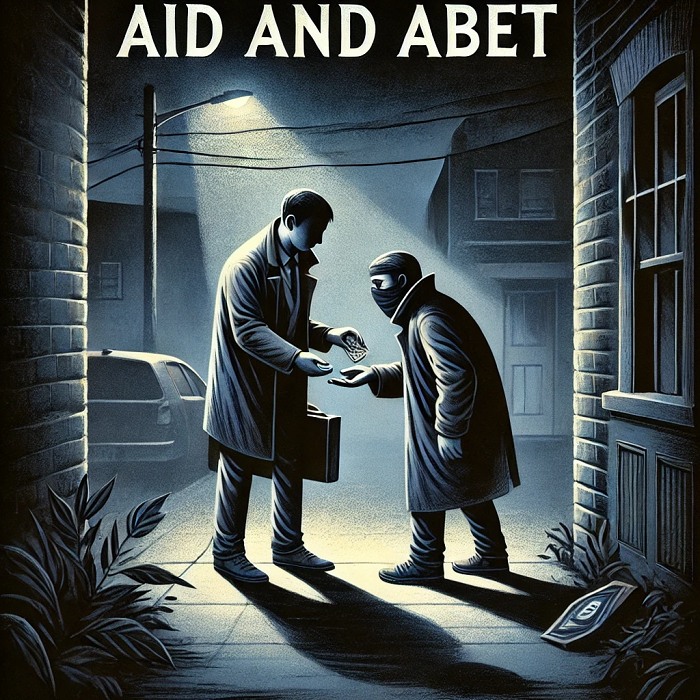Meaning: To tolerate or endure something unpleasant or someone difficult without complaining.
Usage in Example Sentences:
- “She has to put up with a lot of noise from her neighbors.”
- “I don’t know how you put up with his constant lateness.”
- “We had to put up with the delays during our trip.”
Origin: The phrase “put up with” has been in use since at least the 15th century, with “put up” meaning to tolerate or accept something. It implies enduring something uncomfortable or undesirable, often with patience or restraint.










